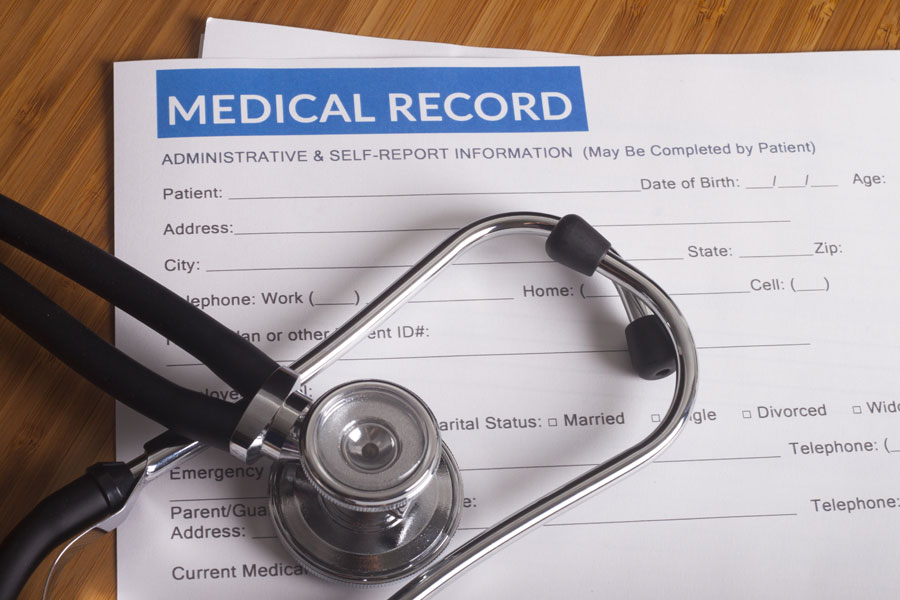Long Term Disability Recipients Need To Be Afraid Of Medi-Copy Services
Long term disability carriers will request that you sign a medical release so that they can get copies of your medical records. Many will hire Medi-Copy services, a third part medical record processor, based in Nashville. In addition to medical records, they also provide disability form completion services. Guess what they do! Since they're working for the disability carrier, they have access to your file. When a disability form gets sent to your physician, they'll get it, fill it out and send it directly to the insurer. There have been instances in which Medi-Copy completed the form, signed the doctor's name and returned...
Continue reading













